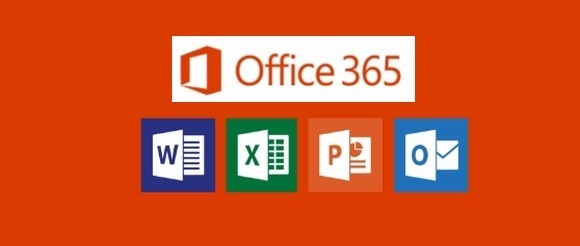

- PROS CONS OFFICE 365 FOR MAC HOW TO
- PROS CONS OFFICE 365 FOR MAC FULL
- PROS CONS OFFICE 365 FOR MAC SOFTWARE
- PROS CONS OFFICE 365 FOR MAC PC
Macs are well known for their usability, streamlined interfaces, out-of-the-box functionality and assortment of free apps. Macs have long been a favorite among graphic designers, video editors and other creative personnel but have been steadily gaining fans among other users.
PROS CONS OFFICE 365 FOR MAC FULL
Macs are often more secure because macOS is based on Unix, which can be more difficult to exploit, and because Apple has full control over the hardware and software, making it easier to implement new security features. Average consumers often believe that Mac computers are more secure than Windows PCs, a belief that mainly stems from cybercriminals focusing on Windows systems. This setup results in highly engineered systems that are reliable, durable, well integrated and deliver high-level performance.


PROS CONS OFFICE 365 FOR MAC SOFTWARE
Apple controls all aspects of building and assembling the hardware and software that go into a Mac computer. While upfront costs might be more, the high quality can translate to savings in other ways. Macs have a reputation for being much more expensive than Windows PCs, but mounting evidence suggests that Macs have a lower total cost of ownership ( TCO) when considering factors such as increased productivity, fewer support calls and greater job satisfaction. They offer efficient and high-quality systems that can improve productivity and lead to greater user satisfaction. There are many reasons why Macs have worked their way into organizations.
PROS CONS OFFICE 365 FOR MAC PC
The PC market is projected to continue to grow over time due to the release of more features and functionalities.
PROS CONS OFFICE 365 FOR MAC HOW TO
IT teams have had to figure out how to manage them alongside Windows PCs while also contending with mobile devices. Together, these factors have helped fuel Mac's steady inroads into the workplace. At the same time, the company continued to demand high licensing fees for the Windows operating system, despite Apple's decision to offer macOS for free. Microsoft was slow to embrace the cloud and smartphones, making it appear as though the world was moving forward without them. While this was happening, Microsoft made several strategic decisions that caused customers to reassess their commitments to Windows PCs.

Apple also began building mobile device management (MDM) features into iOS devices and Mac computers, making it easier for organizations to manage them in the workplace. At the same time, iOS and macOS devices grew more integrated. Not only were business users bringing their devices into the workplace, but many organizations began purchasing these devices themselves, and they often preferred iPhones and iPads over other products. But then the web started to emerge, followed by the cloud, making it possible to deliver services to numerous devices, no matter what operating systems they ran, including macOS.Īlong with those trends came the proliferation of mobile devices, which led to a demand for even greater flexibility. Macs might have made their way into the workplace, but organizations often overlooked them while developing PC management strategies. Many users grew to prefer Macs for their personal and professional needs, especially in creative industries.īut high-quality machines were not enough to upset the status quo. They became more powerful and reliable while maintaining their focus on usability and easy operations. But several events began to change that, one of which was the steady improvement in Mac computers. In the early days of Apple, the company focused primarily on the consumer market and showed little interest in the world of business. While some individuals used Mac computers for work-related tasks, they represented a small minority and their presence had minimal effect on the PC's solid footing. Windows PCs have long dominated the workplace and provided the foundation for an entire ecosystem of productivity tools and management platforms.


 0 kommentar(er)
0 kommentar(er)
